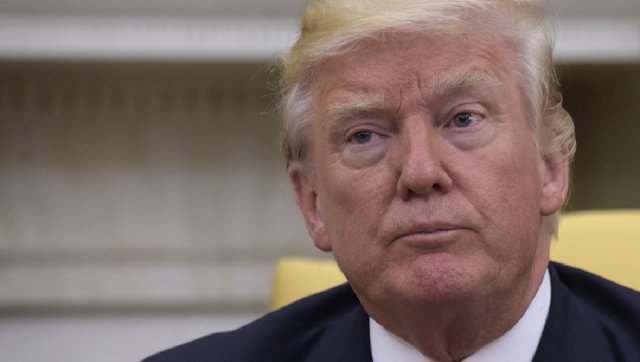
The Cuban government issued a statement on June 16 in response to US President Donald Trump’s announced change of policy toward the socialist-run island, reasserting the country’s sovereignty.
In a speech that day in Miami, Trump said he will cancel former President Barack Obama’s "completely one-sided deal with Cuba."
“Our policy will seek a much better deal for the Cuban people and for the United States of America. We don’t want US dollars to prop up a military monopoly that exploits and abuses the citizens of Cuba,” Trump said.
He added that US sanctions would not be lifted until Cuba frees “political prisoners” and holds “free elections.”
Under the changes, Washington will tighten rules on individual US citizens travelling to Cuba. Travellers going there for non-academic educational purposes will again be required to visit with organised tour groups run by US companies.
The new policy also bans most US business deals with the military-linked Armed Forces Business Enterprises Group, GAESA, while still allowing airlines and cruise ships to continue services.
In response to these changes, the Cuban government has reaffirmed its willingness to work with Washington while at the same time slamming the US government’s continuation of the illegal blockade.
“The Cuban government denounces the new measures to tighten the blockade, which are doomed to fail as has been shown repeatedly in the past, and which will not achieve its purpose to weaken the Revolution or to defeat the Cuban people, whose resistance to the aggressions of any type and origin has been proven over almost six decades,” Cuban officials said in the statement.
“The government of Cuba also reiterates its willingness to continue respectful dialogue and cooperation on issues of mutual interest, as well as the negotiation of pending bilateral issues with the United States government.”
Havana also slammed the US for criticising conditions of life in Cuba while failing to address problems within its own borders.
“The United States is not in a position to give us lessons,” Cuban officials added.
“We have serious concerns about the respect and guarantees of human rights in that country, where there are numerous cases of murders, brutality and police abuses, particularly against the African American population; where the right to life is violated as a result of gun deaths; where child labour is being exploited and there are serious manifestations of racial discrimination; which is threatening to impose more restrictions on health services, which would leave 23 million people without health insurance; where there is wage inequality between men and women; where migrants and refugees are marginalised, particularly those from Islamic countries; which is intending to erect walls that denigrate neighbours; and which has abandon international commitments to preserve the environment and address climate change.”
Cuban officials also highlighted “human rights violations committed by the United States in other countries such as the arbitrary detention of dozens of prisoners on the territory illegally occupied by the Guantánamo Naval Base in Cuba, where they have even been tortured, are also a matter of concern; extrajudicial executions and the deaths of civilians caused by bombs and the use of drones; and the wars unleashed against various countries like Iraq, based on lies about the possession of weapons of mass destruction, with dire consequences for the peace, security and stability of the Middle East region.”
None of Trump’s changes will be effective until the Treasury and Commerce Departments issue new regulations, which could take months.
[Reprinted from TeleSUR English.]